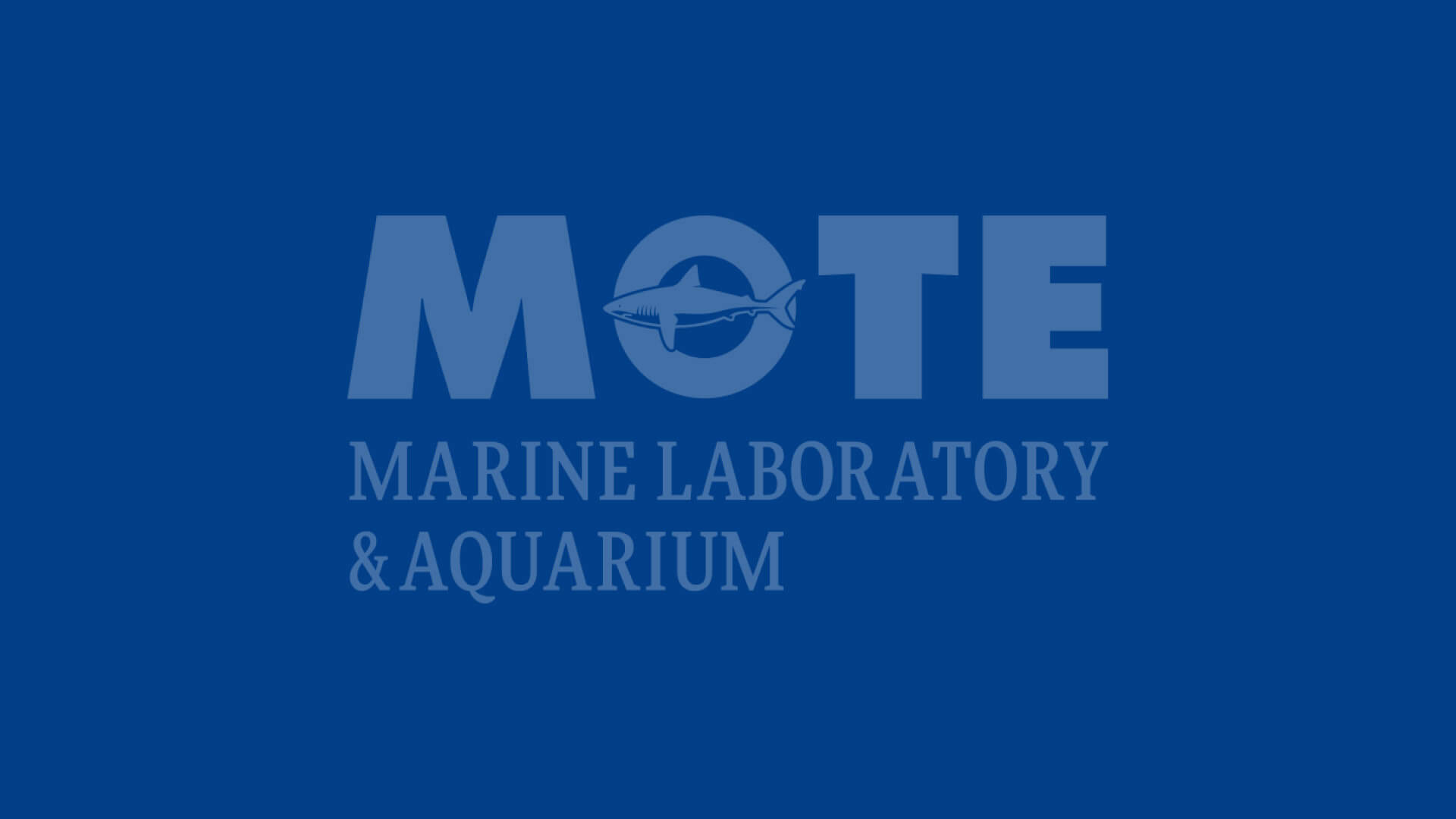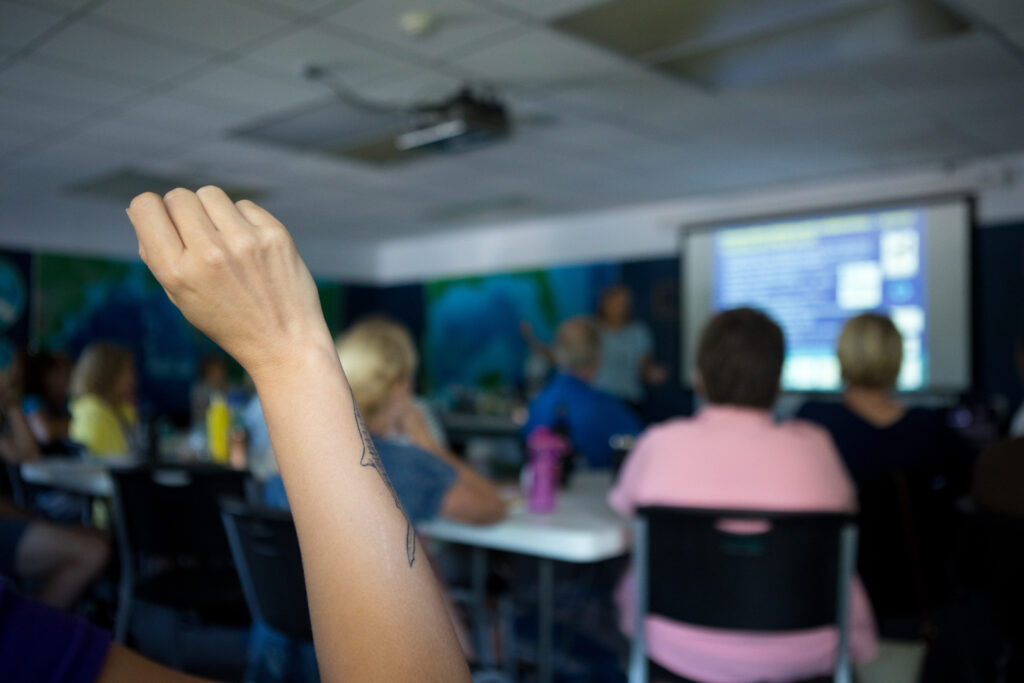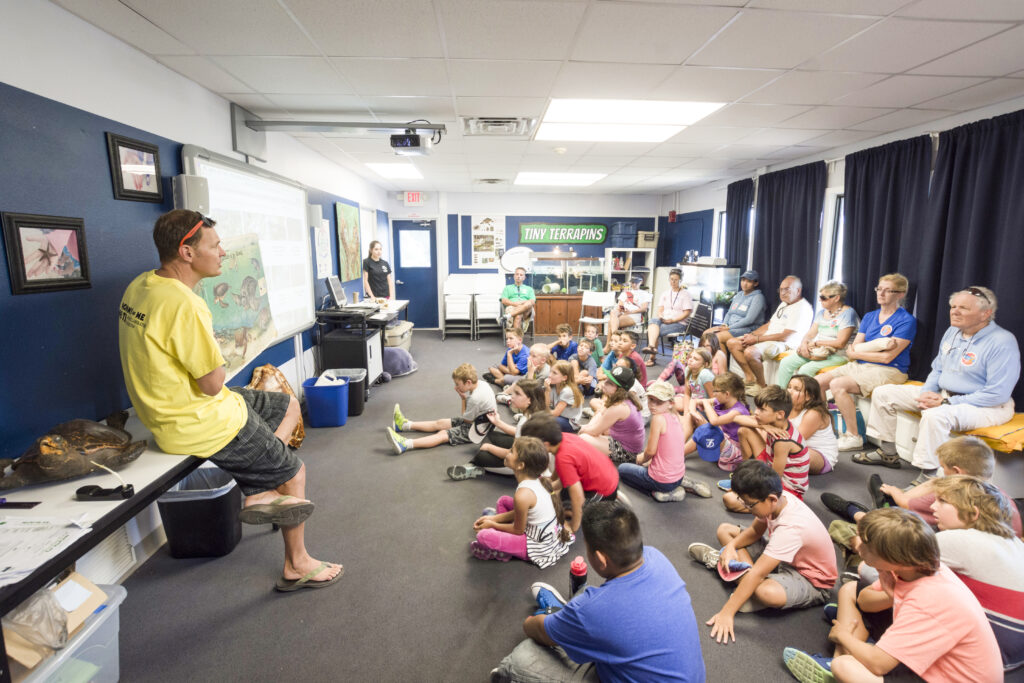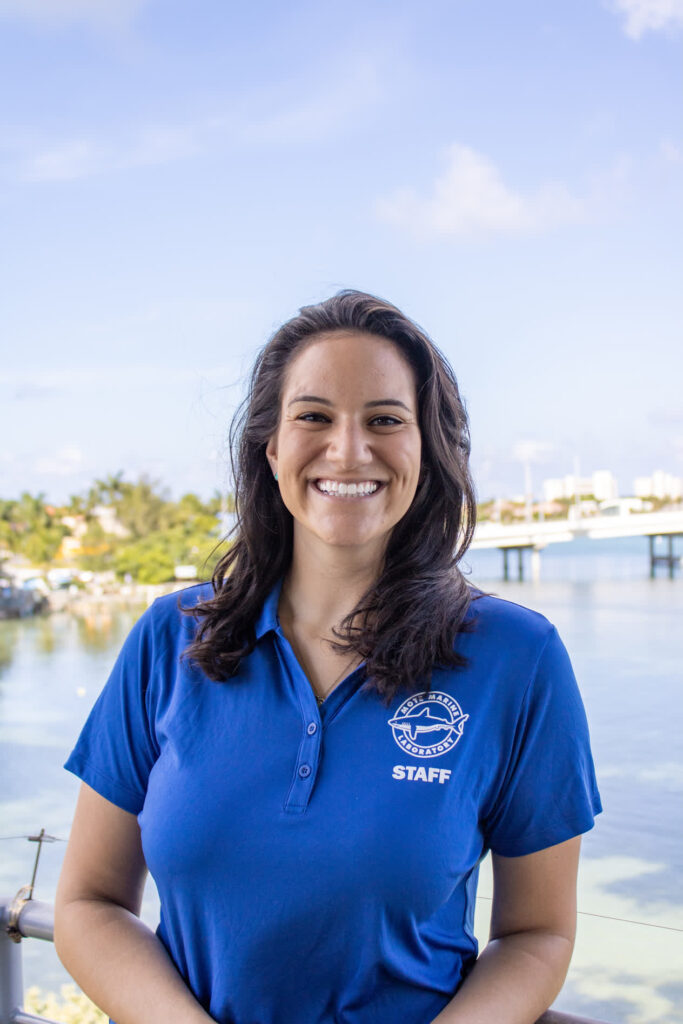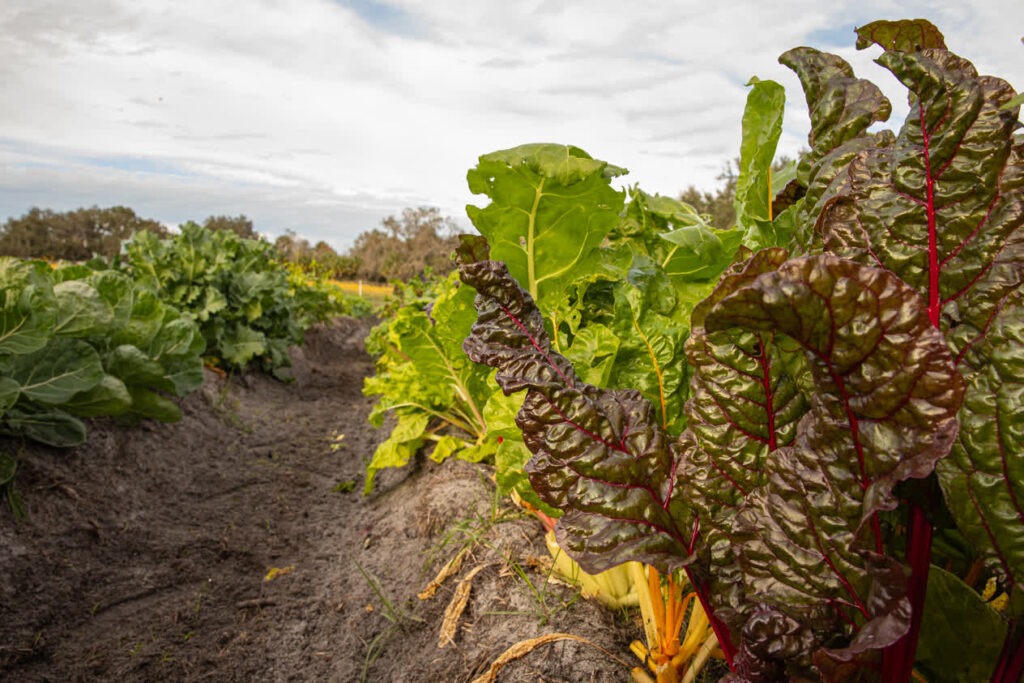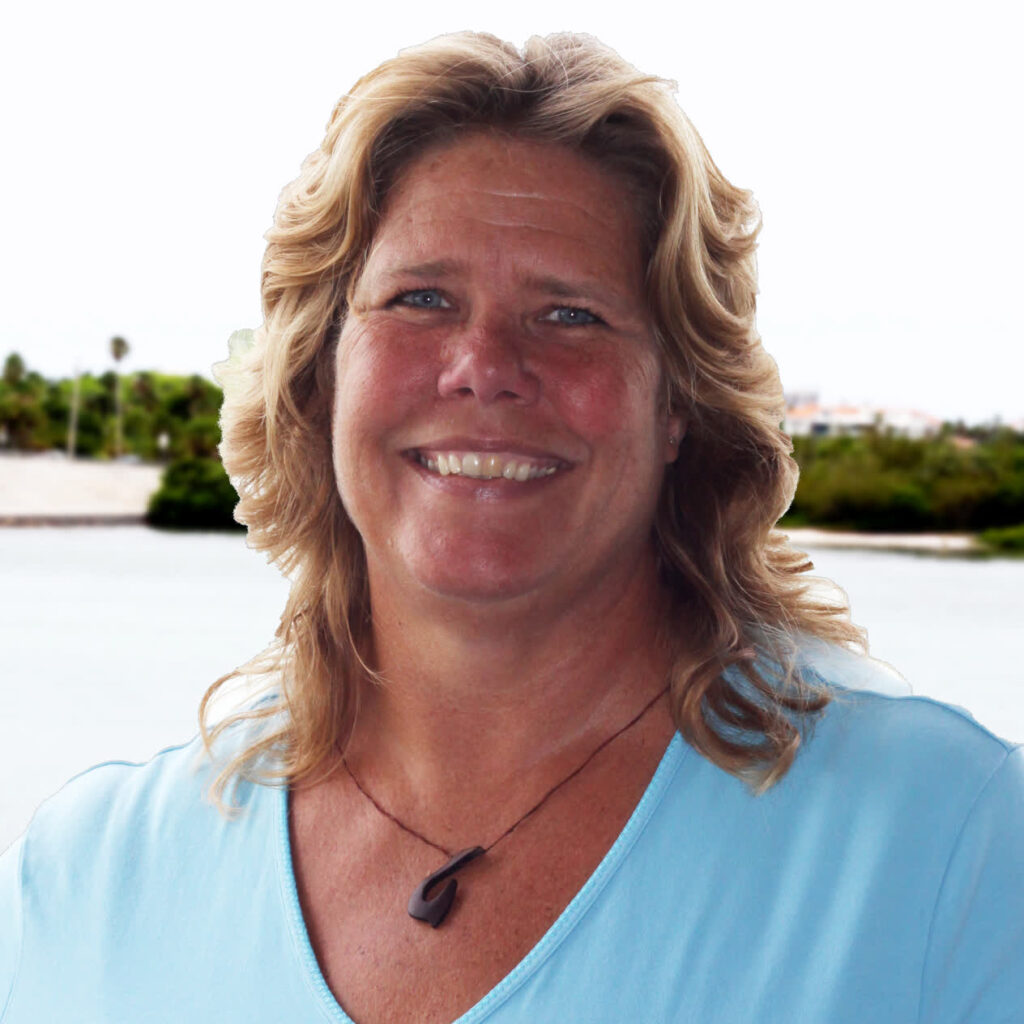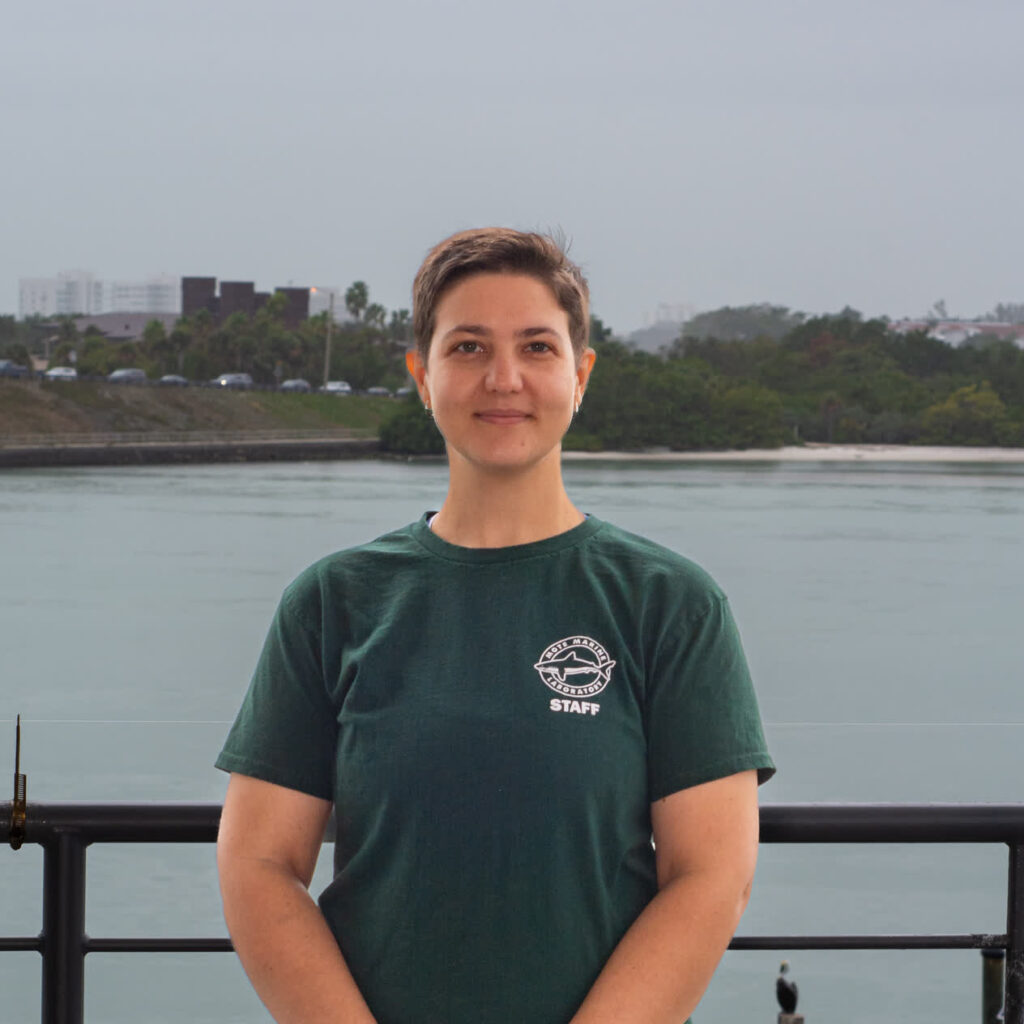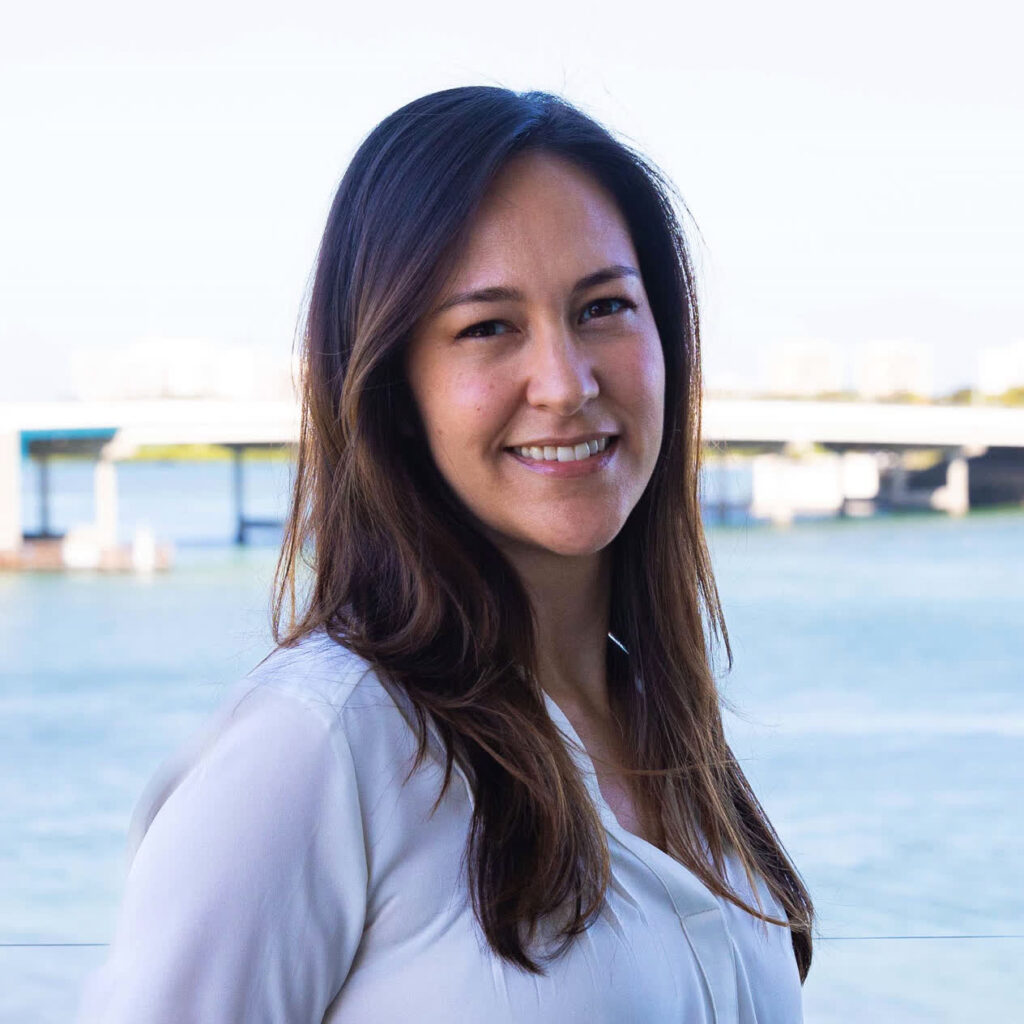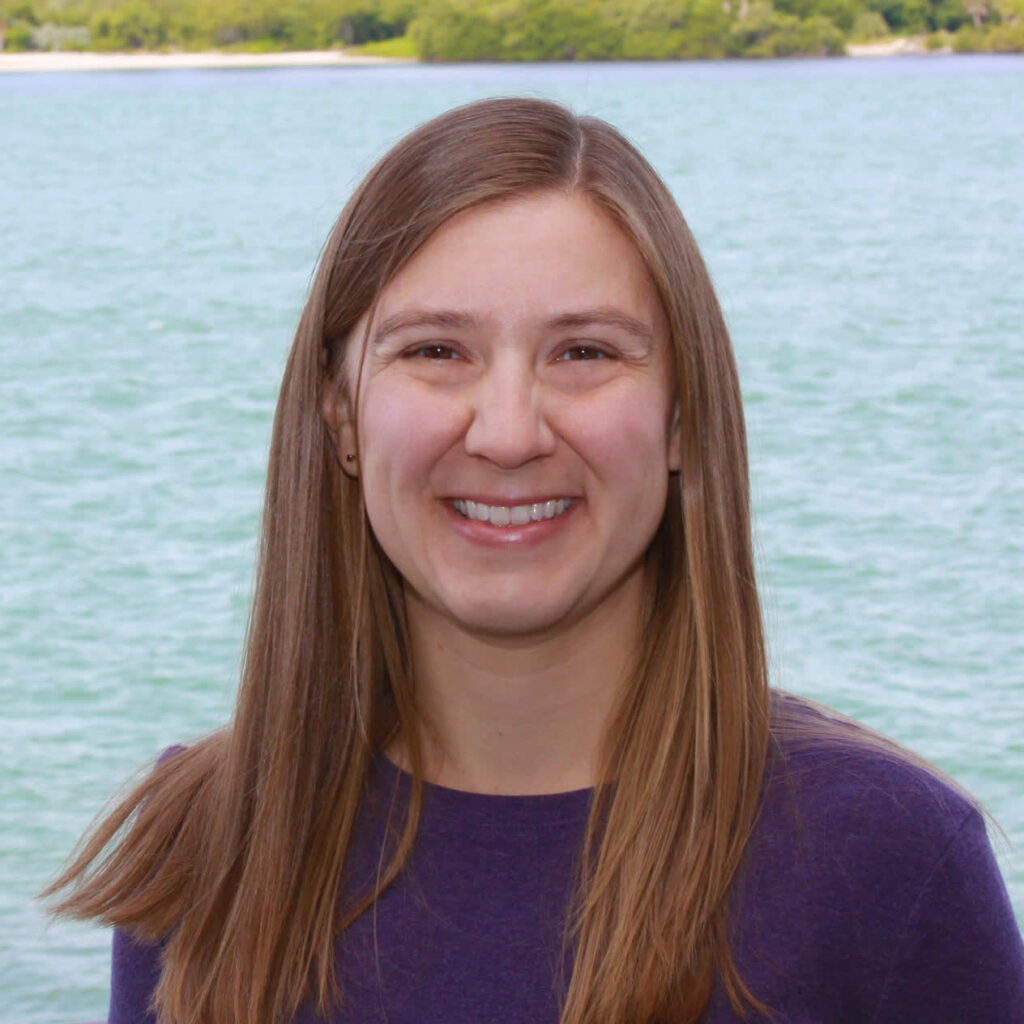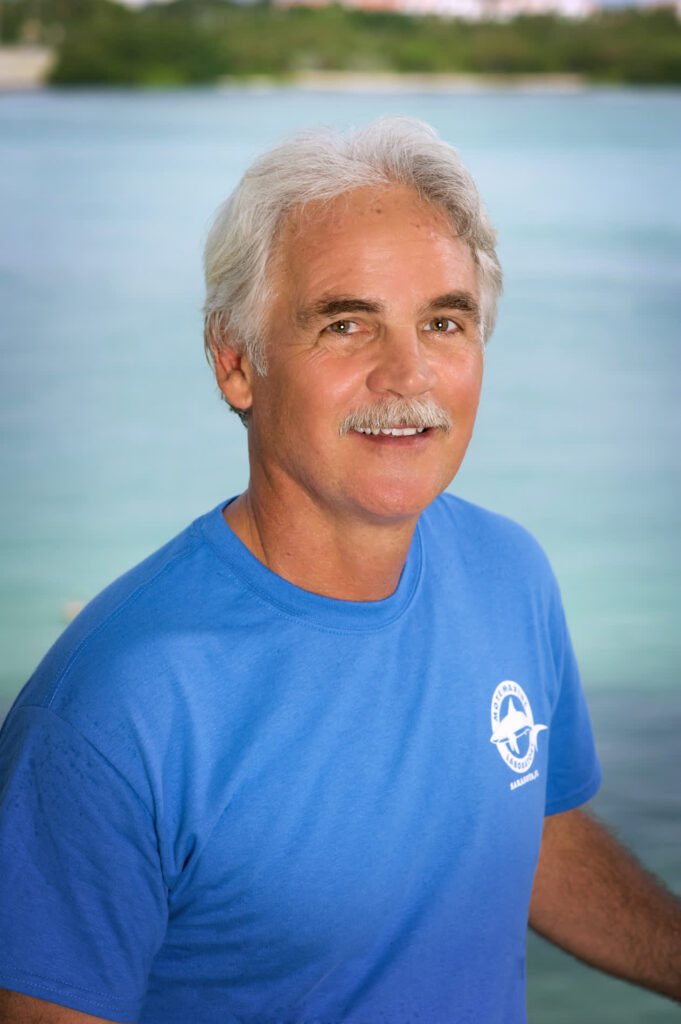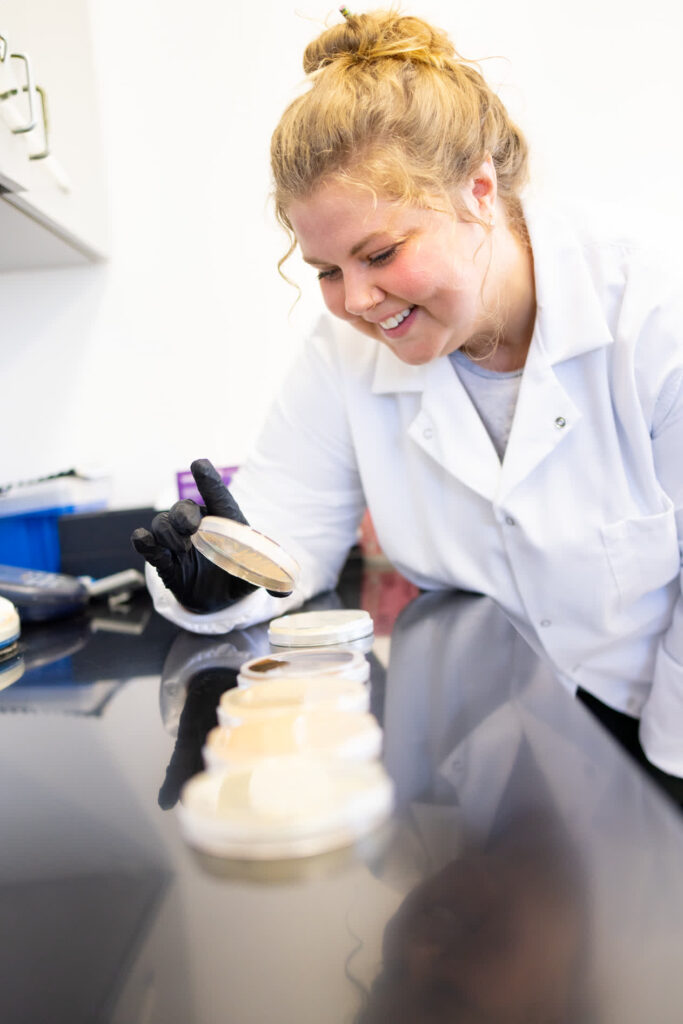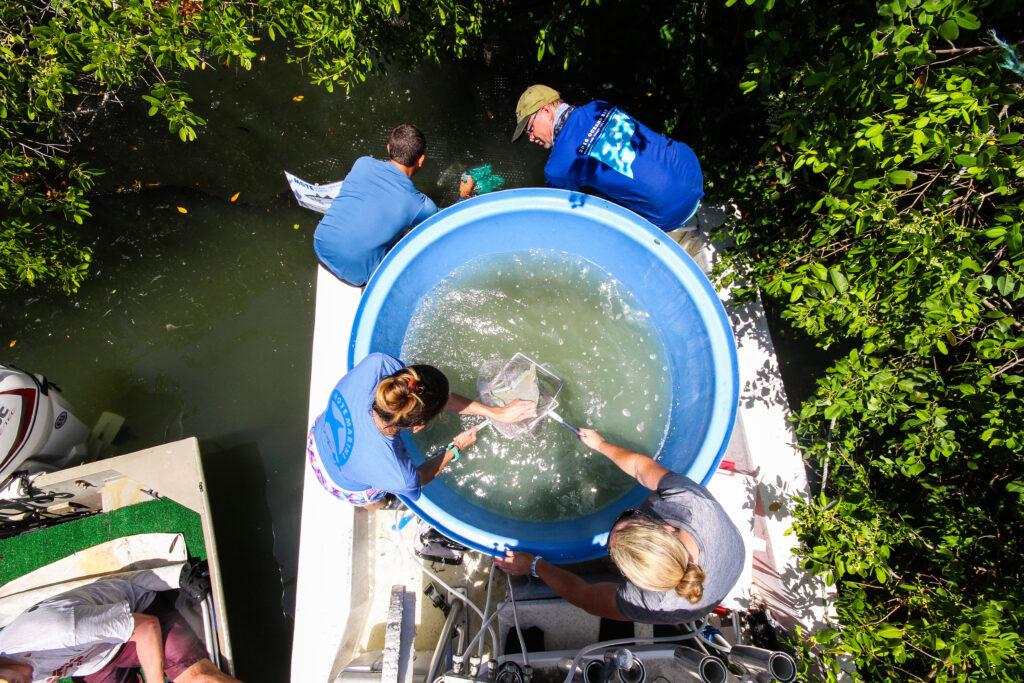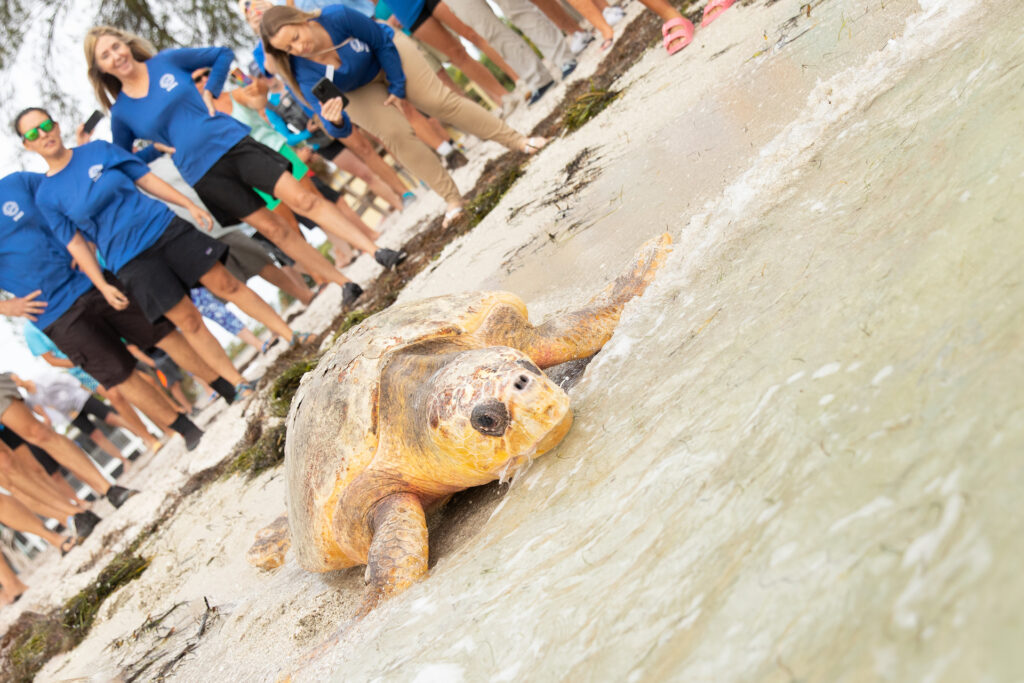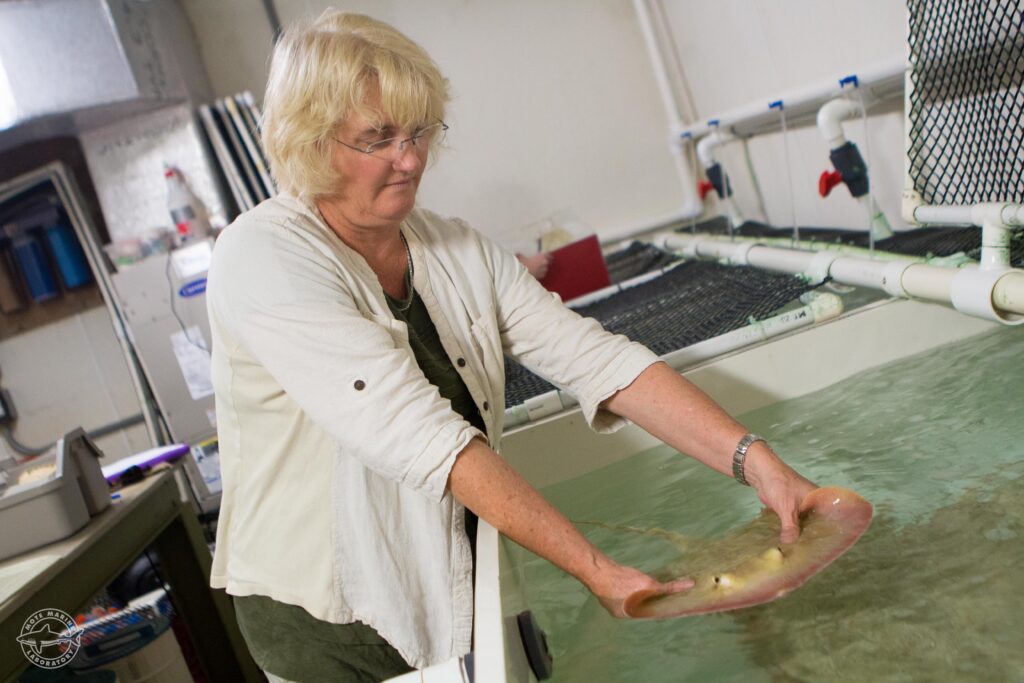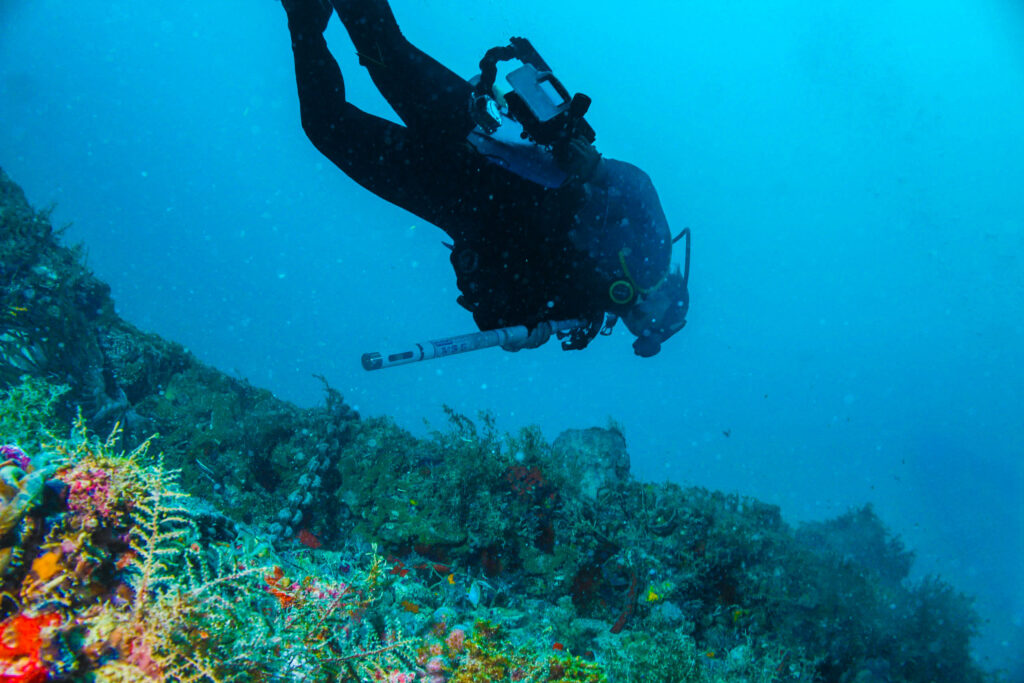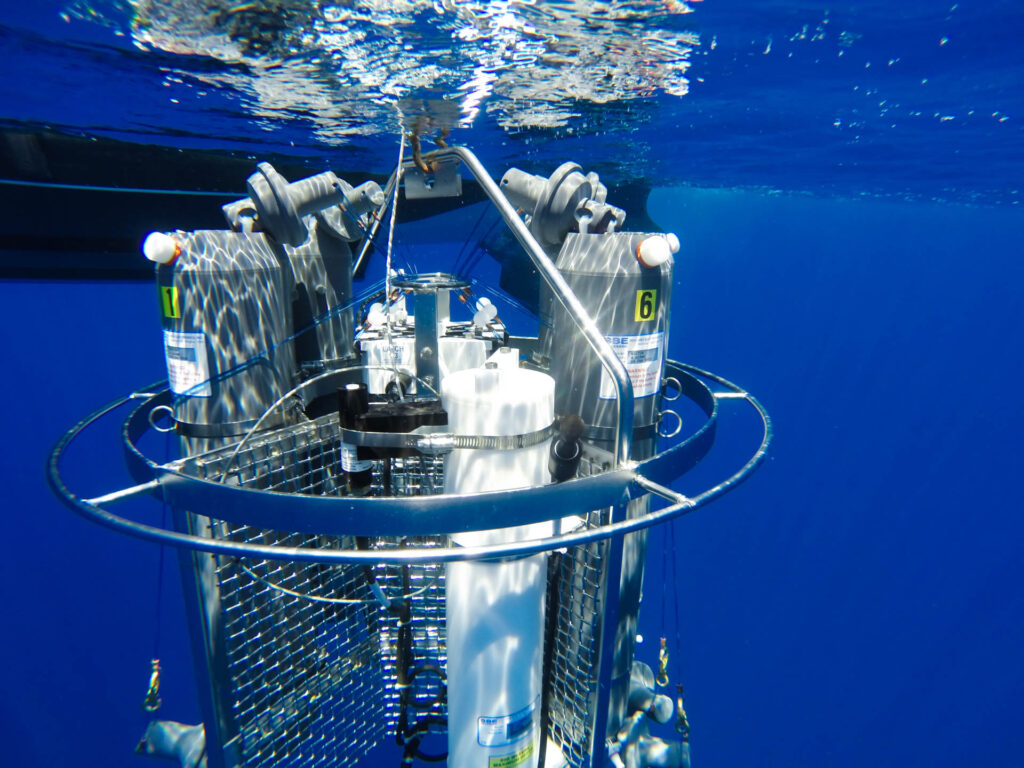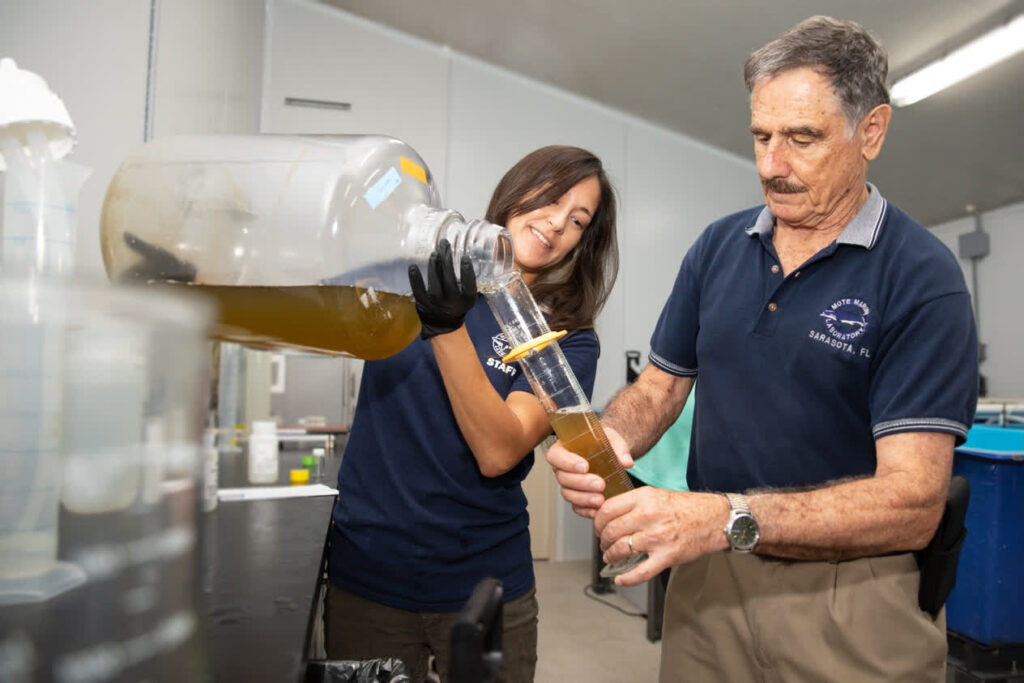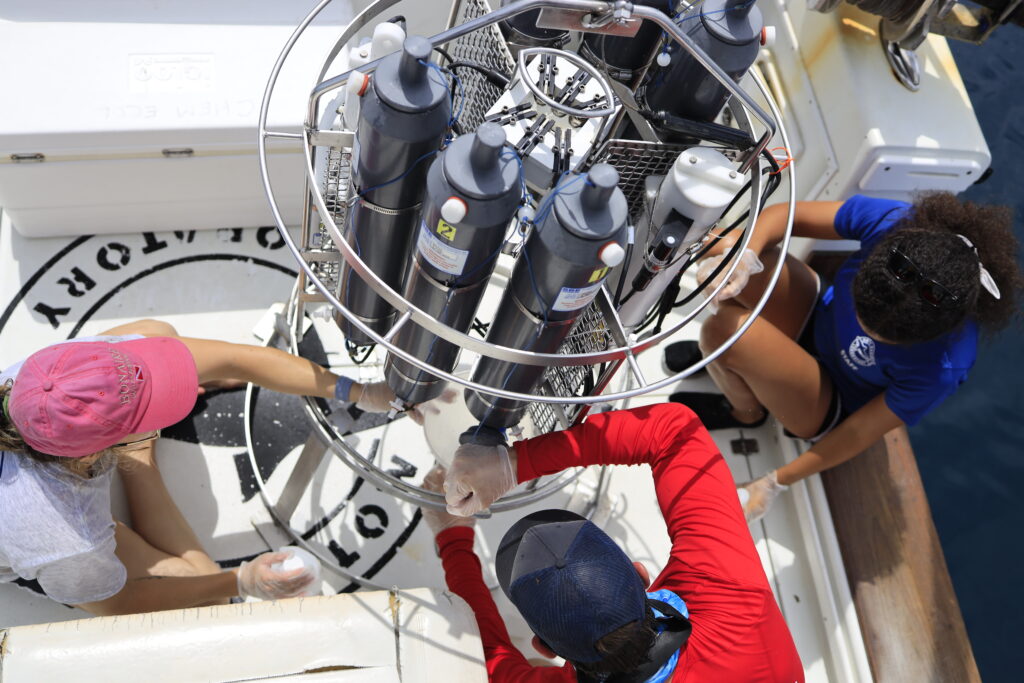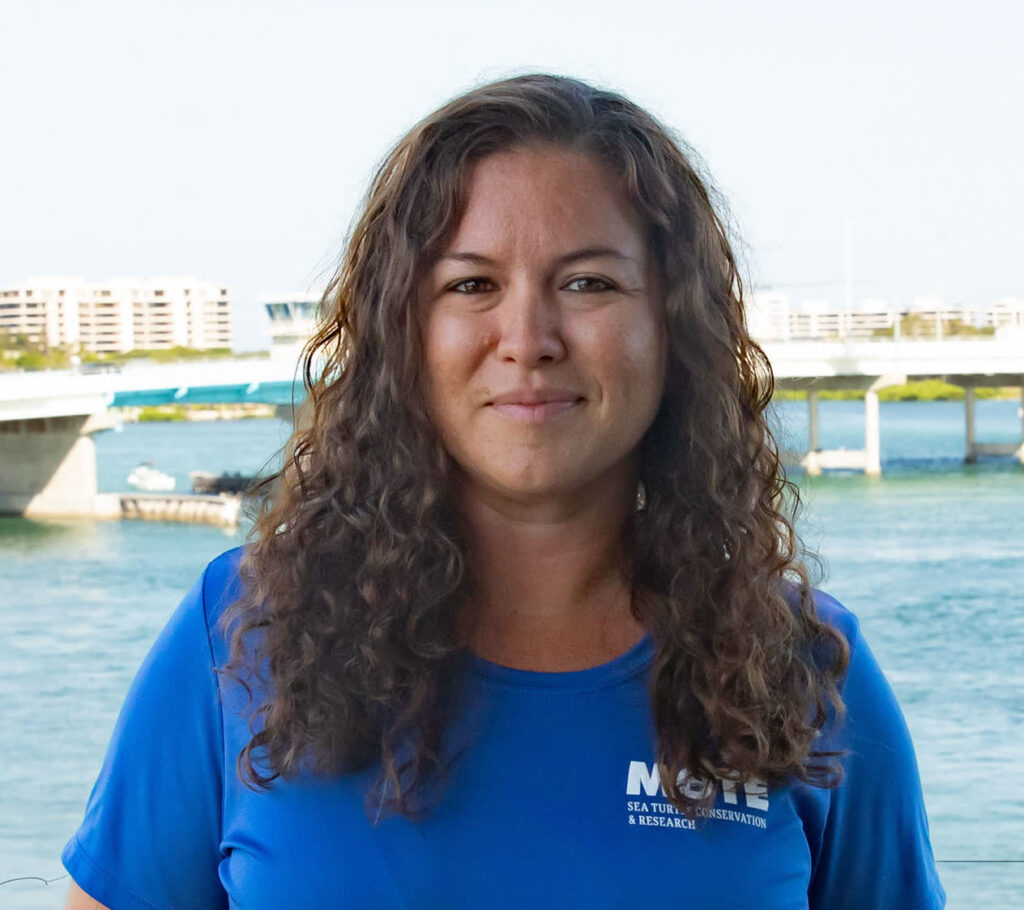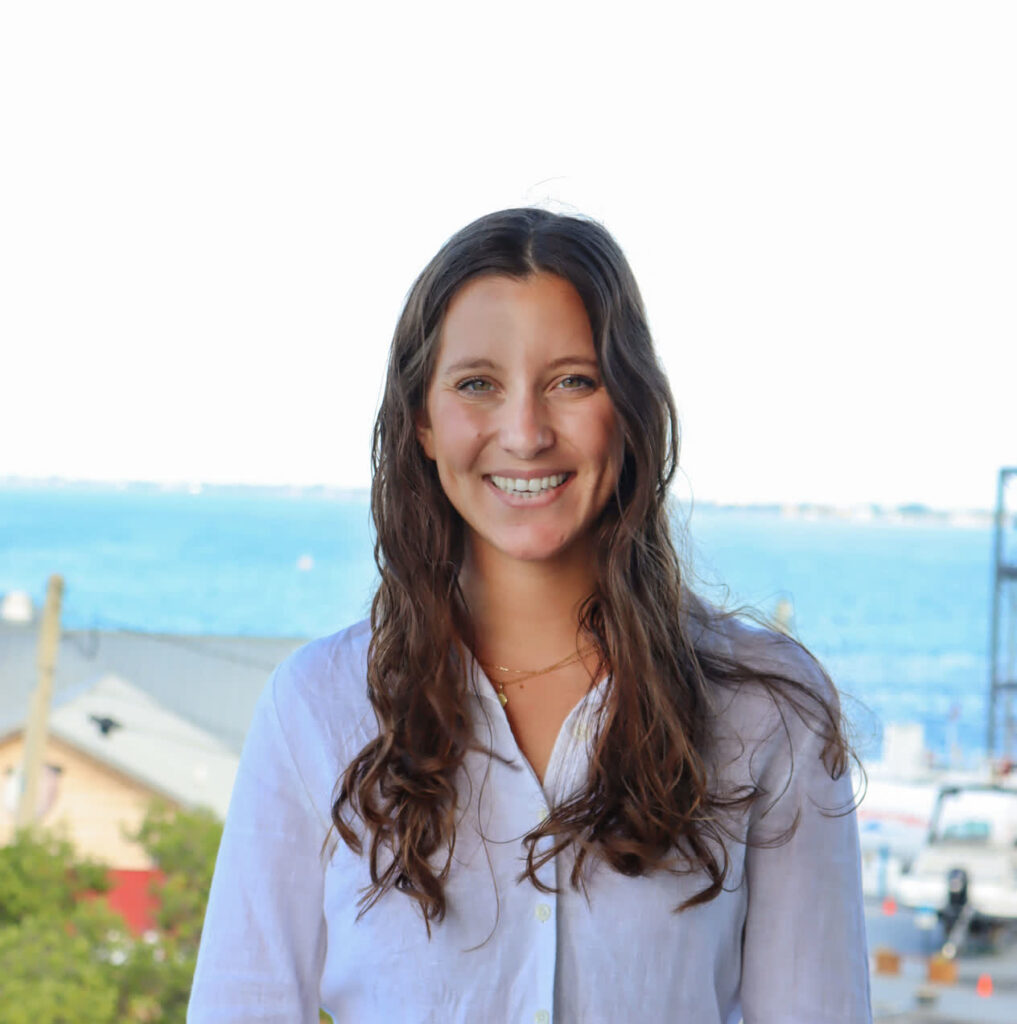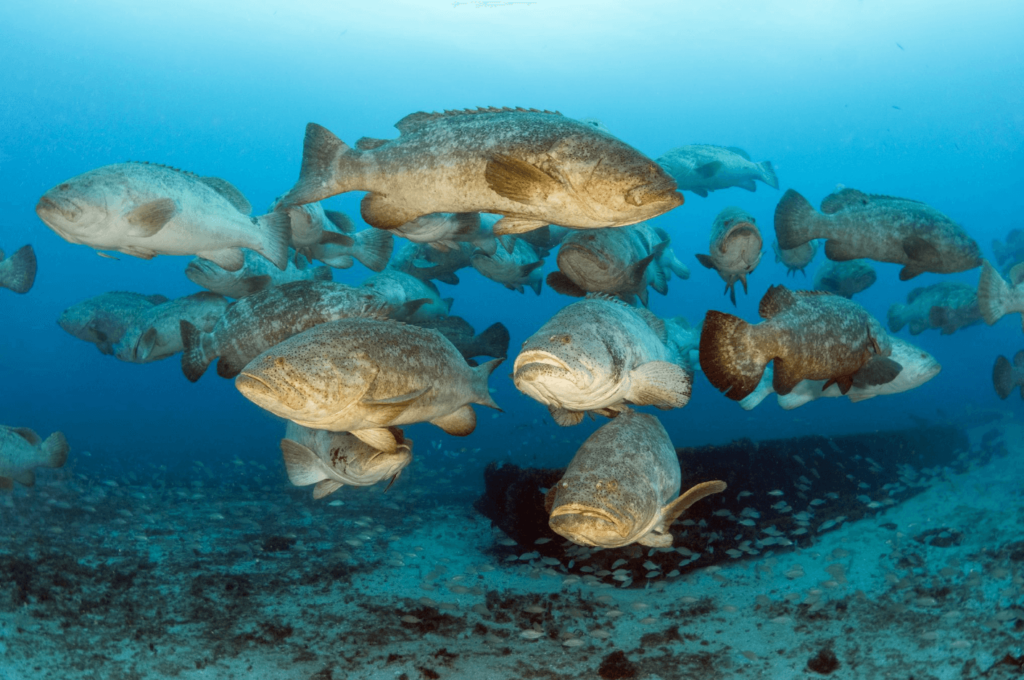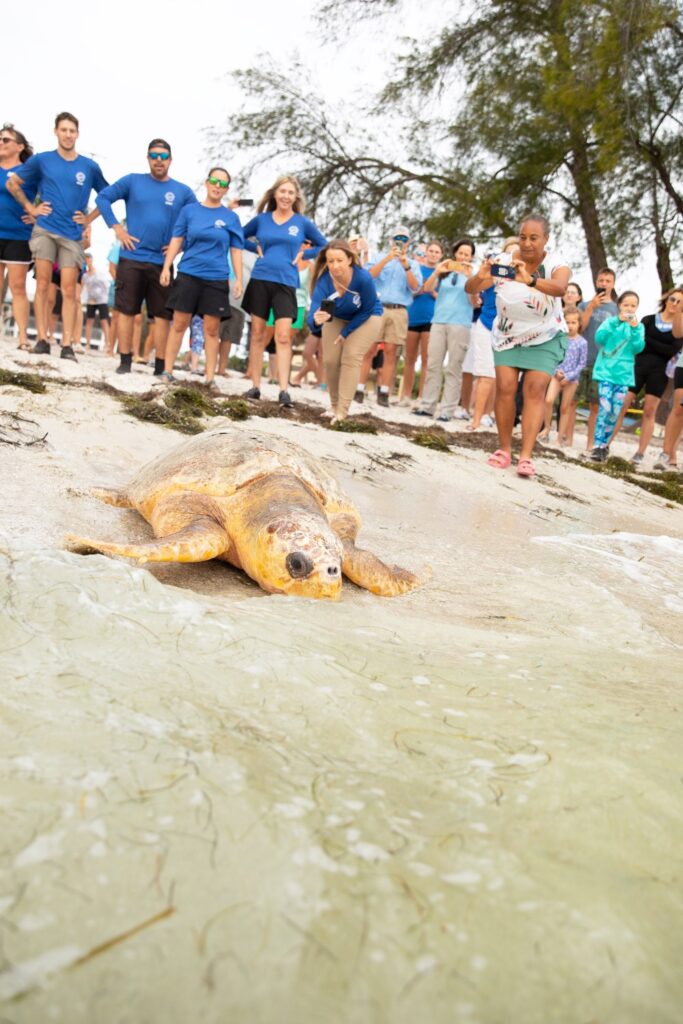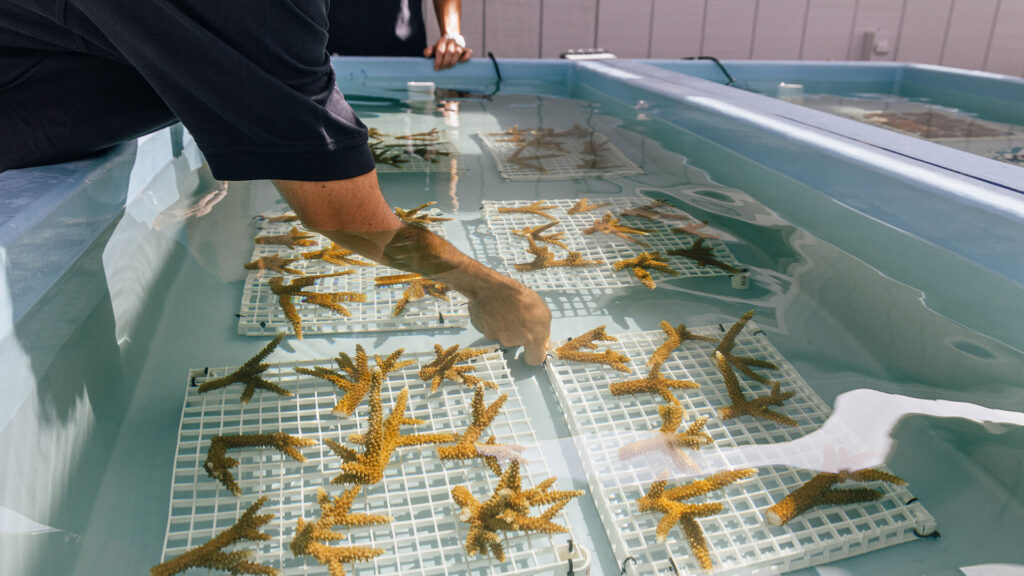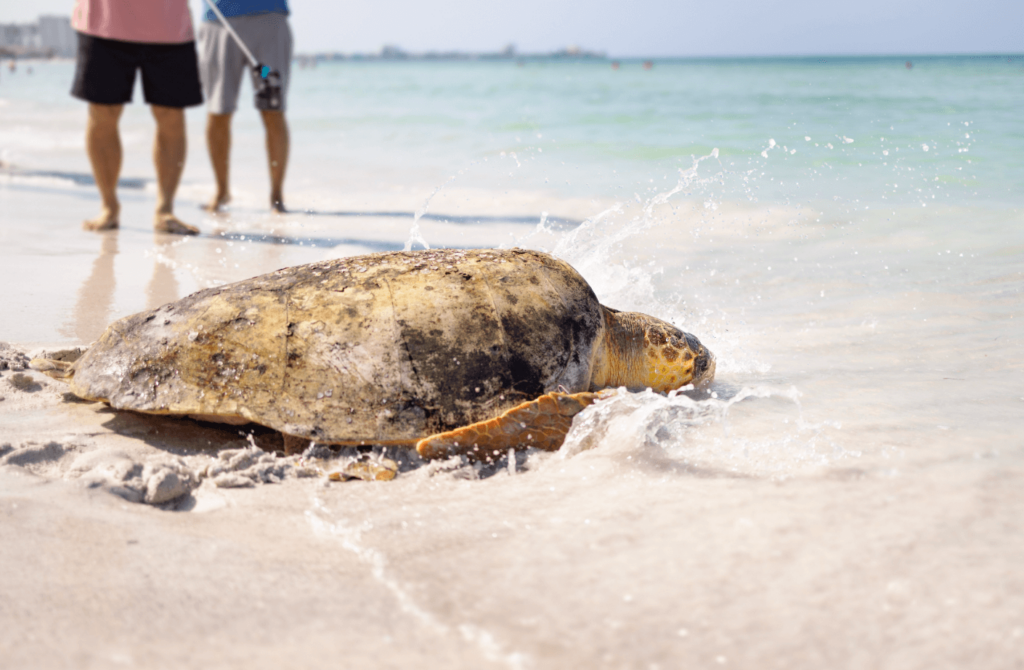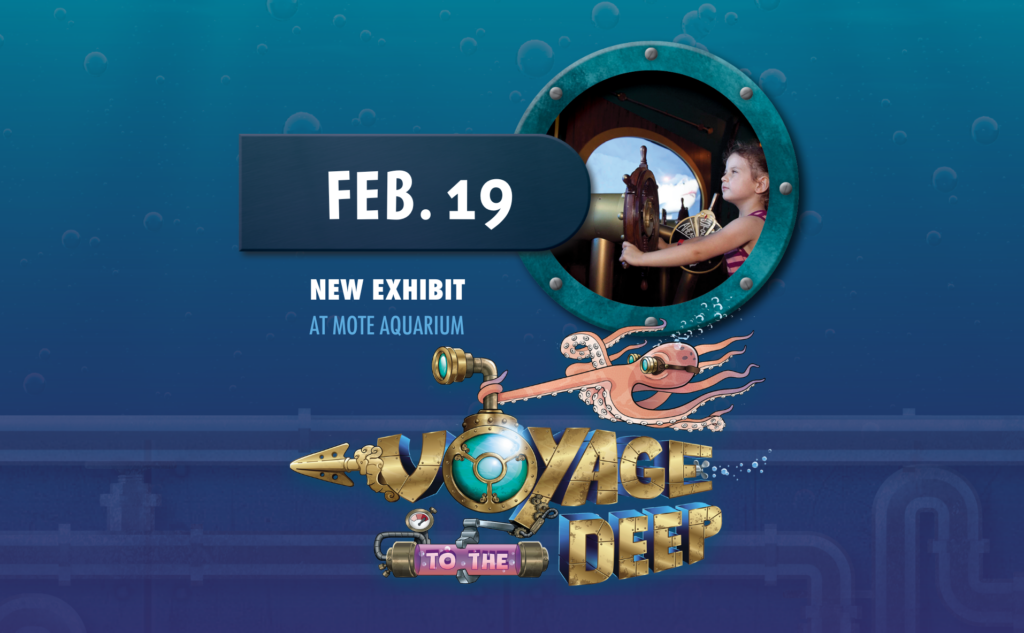Skip to content
You are using an outdated browser. Please upgrade your browser to improve your experience.
Mote Aquarium on City Island, Sarasota, is closed to visitors as we turn our full attention toward preparing to open Mote Science Education Aquarium (Mote SEA).
FAQ about Mote SEA
Search Results
233 results for ‘Red Tide’
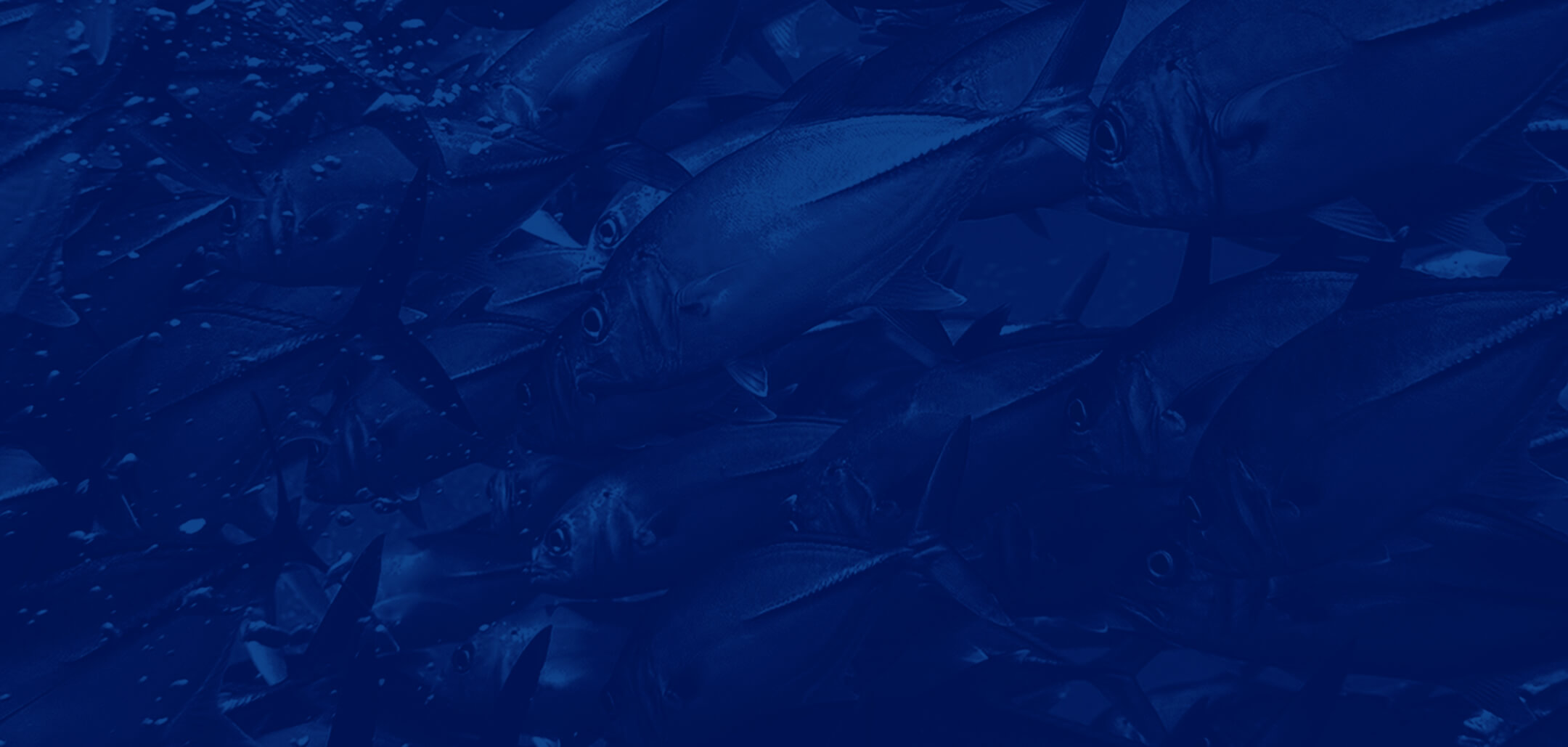
Harmful algal blooms (HABs) of the toxic marine dinoflagellate Karenia brevis, commonly called red tides, are an ongoing threat to human health and marine ecosystems in Florida. Clay flocculation is a standard control strategy for...
The adverse economic impacts of harmful algal blooms can be mitigated via tailored forecasting methods. Adequate provision of these services requires knowledge of the losses avoided, or, in other words, the economic benefits they generate....
The stone crab, Menippe mercenaria, supports a commercial fishery along Florida’s Gulf coast where harmful algae blooms, known as red tides (Karenia brevis) develop. Red tides occur nearly annually and can overlap with the stone...
Marine Science 101
Self-paced Course via Google Classroom
We welcome you to explore the world of marine science through this engaging series of online, self-paced lessons recorded by a Mote education professional....
Mote Educators bring fun, inquiry-based and hands-on learning experiences to your school. Using relevant, real time data and information, we dive into marine science with your students, helping them better understand science concepts...
Devin, a South Jersey native, joined the Mote Marine Laboratory staff in 2016 after completing an internship with both Mote's Environmental Health and Phytoplankton Ecology Programs. Her research interests focus on ecosystem disruption,...
Mote Marine Laboratory & Aquarium is proud to announce the Beginning Farmer Education Program in partnership with UF/IFAS Extension Sarasota County with the goal of creating the future Florida workforce in food, sustainable farming,...
Camia came to Mote in 2005 after a stint in the Peace Corps and several years working in the medical field. She is Field Coordinator for the Chemical and Physical Ecology Department and organizes and oversees all sampling. She is...
Kathleen joined the Chemical & Physical Ecology team in 2023 as a Staff Chemist after working in Aquarium Husbandry and Environmental Education in Georgia and New York. They participate in red tide mitigation experiments, monthly...
Dr. Toyoda joined the Ecotoxicology research program at Mote in 2022 after completing her Ph.D. in Pharmacology & Toxicology at the University of Louisville. Her graduate work sought to elucidate the molecular mechanisms of...
Susan participates in all of the research and contract water quality and monitoring projects in the Chemical and Physical Ecology department, including the Red Tide project and the continuous monitoring of Sarasota Bay. Susan analyzes...
Mr. Culter joined Mote Marine Laboratory in 1979 to develop a Benthic Ecology Program specializing in marine/estuarine ecology and environmental assessment with emphasis on benthic habitats and invertebrate...
The Marine Microbiology Program studies microscopic living things (called microorganisms or microbes), their roles in the marine environment and their ability to produce natural products that can benefit marine animal and human health.
https://youtu.be/oiPV5PxSgnk
The mission of the Marine & Freshwater Aquaculture Research Program is to develop innovative technologies and systems to support sustainable aquaculture...
SEARCH FOR SPECIFIC ANIMAL PATIENTS
Mote's Sea Turtle Rehabilitation Hospital provides state-of-the-art critical care and chronic...
Research in the Marine Immunology Program focuses on basic and applied research on the health and immune systems of marine vertebrates, including cartilaginous fishes (sharks, skates, and rays), Florida manatees, and sea turtles. Basic...
Benthic ecology is the study of organisms that make up bottom communities (sediments, seagrass communities and rock outcrops) in lakes, streams, estuaries and oceans, to determine environmental health and conduct environmental impact...
The Phytoplankton Ecology program studies the ocean's phytoplankton community, with an emphasis on the West Florida Shelf in the Gulf of Mexico. Our staff focuses on the biology and ecology of phytoplankton, both as individual species...
The mission of the Ecotoxicology Research Program is to investigate the source, fate and effects of toxic substances in the environment, including natural biotoxins (harmful...
The Chemical & Physical Ecology Program addresses both research and applied science questions on the impacts and interactions of nutrients (nitrogen, phosphorus, and silica) and physical parameters (salinity, light) in riverine,...
About Sarasota Mote Research
With two research facilities in Sarasota county, Mote is studying marine science like never before. From its original focus on sharks, Mote research has expanded to include studies of human cancer...
According to newly published data in the international, peer-reviewed scientific journal Fishes, Goliath grouper, an ecologically vital species, have experienced population...
Thursday morning, June 1, Mote Marine Laboratory released a male loggerhead sea turtle, nicknamed "Steve," that has been outfitted with a satellite tag by Anna Maria Island Turtle Watch, which provides data critical for sea turtle...
Mote Marine Laboratory and The Florida Aquarium are thrilled to announce the release of two rescued loggerhead sea turtles nicknamed, "Valerie" and "Mahomes," at Anna Maria Bayfront Park Tuesday morning, May 30.
This momentous...
Portions of this press release are derived from Sarasota County.
Sarasota County received a $14.5M grant from the National Oceanic and Atmospheric Administration (NOAA) Transformational Habitat Restoration and Coastal...
On June 8, in honor of World Ocean Day, Opal has bought and is gifting 3,000 Coral Legend Bracelets to guests across all of their Florida properties. But this is more than just a bracelet. A portion of the proceeds from the purchase...
Two loggerhead sea turtles, nicknamed “Lilly” and “Farmer,” were released from Lido Beach on Tuesday, May 16, after recovering from red tide toxins at Mote Marine Laboratory & Aquarium’s Sea Turtle Rehabilitation Hospital.
“Lilly”...
The temporary exhibition featured in this story has since concluded.
Mote Marine Laboratory & Aquarium is proud to announce its newest temporary exhibition, “Voyage to the Deep,” presented by Flying...


